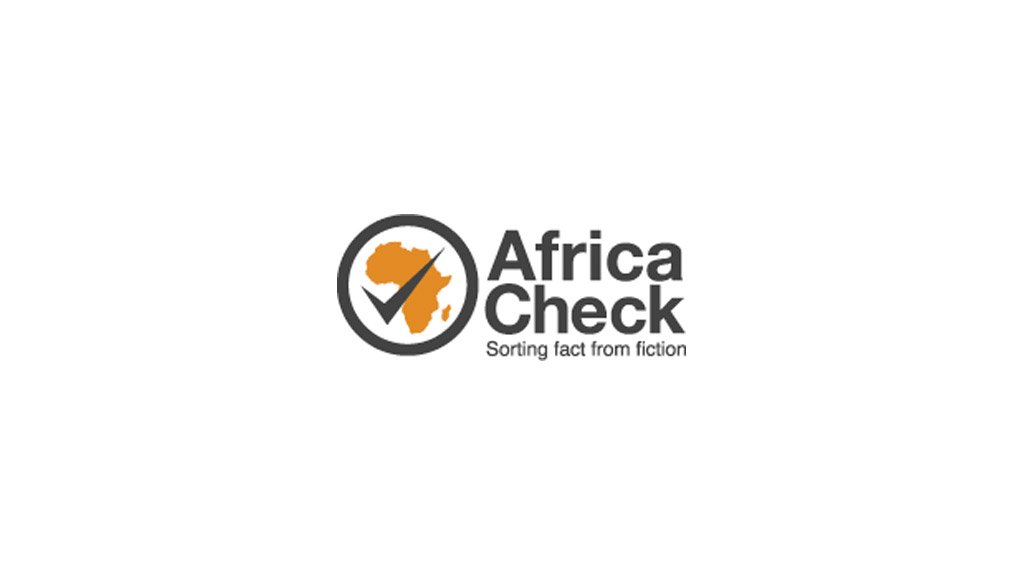Tensions between South Africa and the new US administration have made headlines in the early weeks of 2025.
Early in February, US president Donald Trump took to social media claiming that South Africa was “confiscating land, and treating certain classes of people VERY BADLY”. He also signed an executive order halting aid to the country.
An executive order is a legislative tool which allows a US president to issue legally binding orders to the federal government.
Trump was reacting to the recently passed Expropriation Act 13 of 2024, which he said “enabled the government of South Africa to seize ethnic minority Afrikaners’ agricultural property without compensation”.
On 7 March 2025, Trump again took to social media to claim that South Africa is “a bad place to be right now”.
“They are confiscating their LAND and FARMS, and MUCH WORSE THAN THAT,” he wrote.
But what is the expropriation act, and does it allow for what Trump claims?
What is expropriation?
“The expropriation of land is not a new phenomenon, nor is it specific to South Africa,” Thomas Karberg, an associate at the legal firm Werksmans Attorneys, told Africa Check. “Land can be expropriated to build roads, government-funded facilities, and so forth.”
In other countries, expropriation is referred to as eminent domain or compulsory purchase. All of these terms refer to a government’s power to acquire private land for public use, following monetary compensation.
What is South Africa’s Expropriation Act of 2024?
The main purpose of the act is to allow the government to attain ownership of private property for a public purpose or in the public interest, where property owners will receive just and equitable compensation for expropriated land, rather than being paid the market value. This new act also allows for land to be expropriated without compensation in exceptional cases.
Why did South Africa need a new act?
The 2024 act replaces the Expropriation Act of 1975 to align it with section 25 (3) of South Africa’s constitution. “The 1975 act used the concept of ‘willing buyer willing seller,’ which meant that the government had to pay the market value of the property it was expropriating,” Karberg said.
Section 25 (3) of the constitution requires compensation to be just and equitable, balancing public interest and the interests of property owners affected by the expropriation, he explained.
“There was legal tension between the 1975 act and the constitution and, since the constitution is the highest law in the land, the act had to be updated to resolve that tension."
When would expropriation without compensation happen?
Section 12 (3) of the act allows for land to be expropriated without payment if it is in the public interest, such as ensuring fair access to South Africa’s natural resources, including land or water. No compensation may also apply when:
- The land is unused and kept only for future profit.
- The land belongs to the government, is not being used for its core functions and was obtained at no monetary cost.
- The owner has abandoned the land and is not managing it, even though they could.
Does the 2024 act allow the government to confiscate private property?
Land will not be confiscated because the act follows the rule of law. Karberg told Africa Check that expropriations would follow a formal legal process, which would allow for adequate notice periods and opportunities to challenge expropriation and the amount of compensation offered.
Compensation will either be agreed upon by the state and owner(s) or decided by a court.
Not a tool for land confiscation, as claimed by critics
Land restitution, or “land claims”, aims to return land from which black people were forcibly removed because of the 1913 Natives’ Land Act. This act restricted land ownership by race, only allowing black people to own or rent land within designated areas known as native reserves. These reserves made up only 7% (later 13%) of South Africa's total surface area.
“Expropriations in the context of land restitution have been part of our law since 1996,” Karberg told Africa Check, “however, expropriations in land claims are reserved for exceptional cases.”
Land claims must also follow a legal process overseen by the land court. Decisions made at the land court can be appealed at the supreme court of appeals or, if necessary, the constitutional court of South Africa.
Karberg said that land restitution was only a part of a much wider land reform programme and that land reform was not the sole focus of the 2024 Expropriation Act. “The act clearly indicates that it is not intended to be used to legitimise wide-scale 'land grabs' or confiscation of land,” he said, adding that these “false narratives” were very dangerous.











